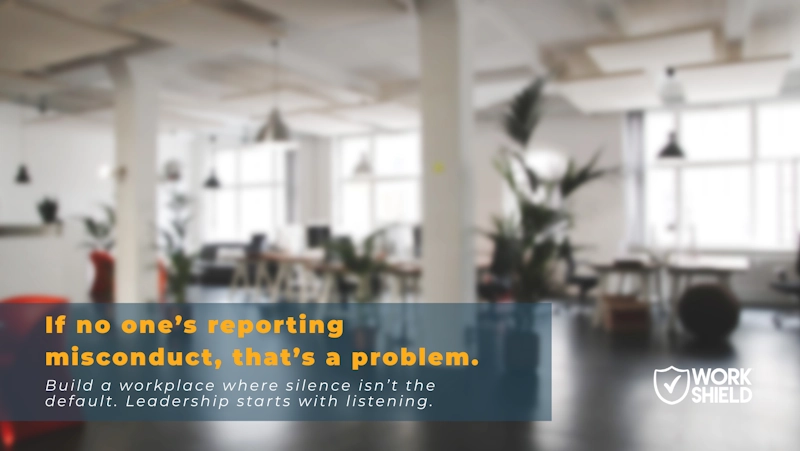With a new generation in the workforce comes the opportunity for a fresh business mindset, vision and mission. As digital natives raised with the internet, smartphones and social media, Generation Z (Gen Z) refers to individuals born between 1997 and 2012. This group follows the generation of millennials, and those at the top end of Gen Z are now 25-years-old, embarking on professional careers. Characteristics of this generation have been studied and tracked, as Gen Z is the most ethnically diverse amongst previous generations and are more likely to pursue a college education than other groups, surpassing millennials as the most educated generation. With Gen Z’s unique traits, employers wishing to attract and retain talent from this group must be prepared to meet their particular needs and understand that they are seeking more than just a ‘job.’
Diversity and Inclusion
A recent Monster.com survey found that 83% of Gen Z workplace candidates ranked diversity and inclusion (D&I) as a priority when choosing an organization. Employers should take notice of this key statistic, as Gen Z makes up about 25% of the workforce, and organizations identified as more diverse and inclusive are 35% more likely to outperform competitors. Additionally, Gen Z not only places value on the traditional diversity and inclusion of gender, race, age, religion and physical ability, but this group desires cognitive diversity, which includes different thought patterns, ideas and perspectives. This three-dimensional look at D&I encompasses lifestyle, culture and political beliefs, creating an even more well-rounded workplace.
Work-Life Balance
Like millennials, Gen Z desires a strong balance between work and life, and they are confidently demanding it from potential employers. In fact, a recent Gen Z survey revealed that both Gen Z and millennials experience more workplace anxiety and stress than older generations and prioritize mental health benefits at work. Although the demand for work-life balance is high amongst both generations, a Deloitte survey shows that only one in five millennials and Gen Zs believe their employer is performing very well at allowing them to obtain a work-life balance, and three in 10 surveyed say the support is poor.
Core Values
Gen Z is helping organizations raise the bar when it comes to living out purposeful core values. No longer can businesses simply talk the talk. This generation is seeking opportunities where organizations walk the walk. According to a recent study, only 19% of Gen Z employees would work for an organization that does not share their values, and 67% feel core values are more important than the CEO or leader of the business. In addition, 49% of Gen Zs surveyed said that since the pandemic, they have made choices about the organizations they’d be willing to work for based on their personal values. This includes environmental issues, as seven-in-ten Gen Zers in a Pew Research Center study reported feeling anxious about the future when regarding climate change.
As Gen Z steps into entry level and leadership roles across the globe, it’s imperative that organizations acknowledge and appreciate their unique characteristics and perspectives. Diversity and inclusion, work-life balance and thoughtful core values are key areas that can either deter or attract this generation to join your team. Work Shield offers the solution to cultivate a positive workplace culture that helps organizations establish inclusive workplaces that meet the needs of employees of all generations and backgrounds.





